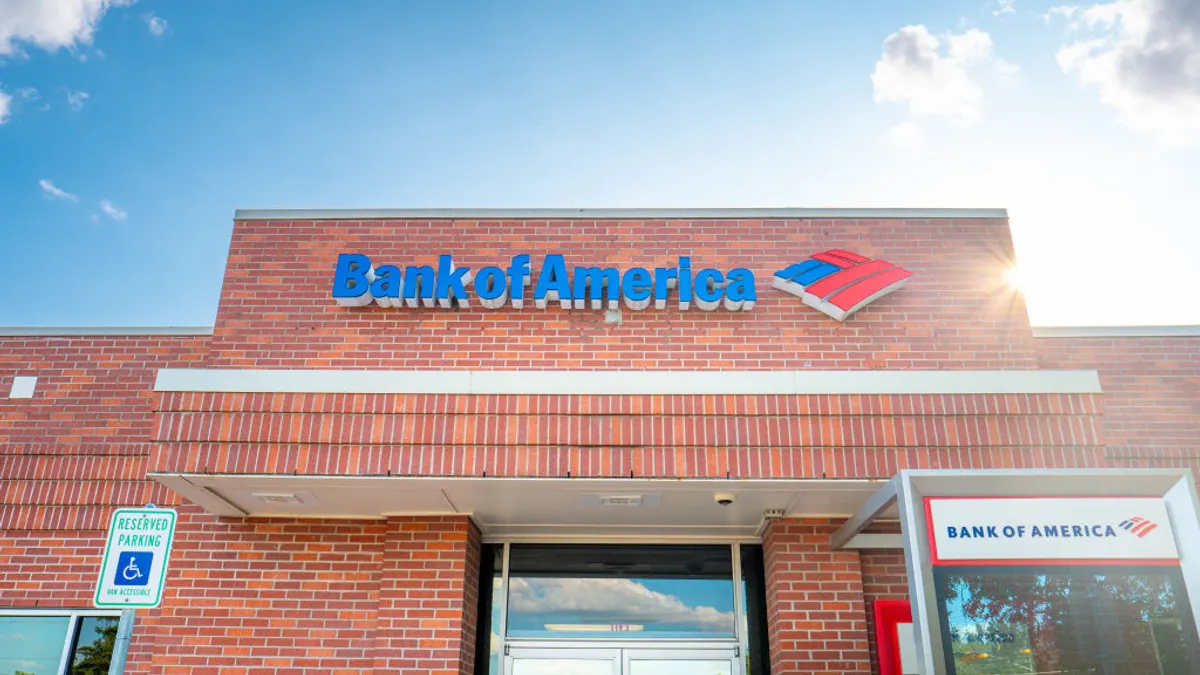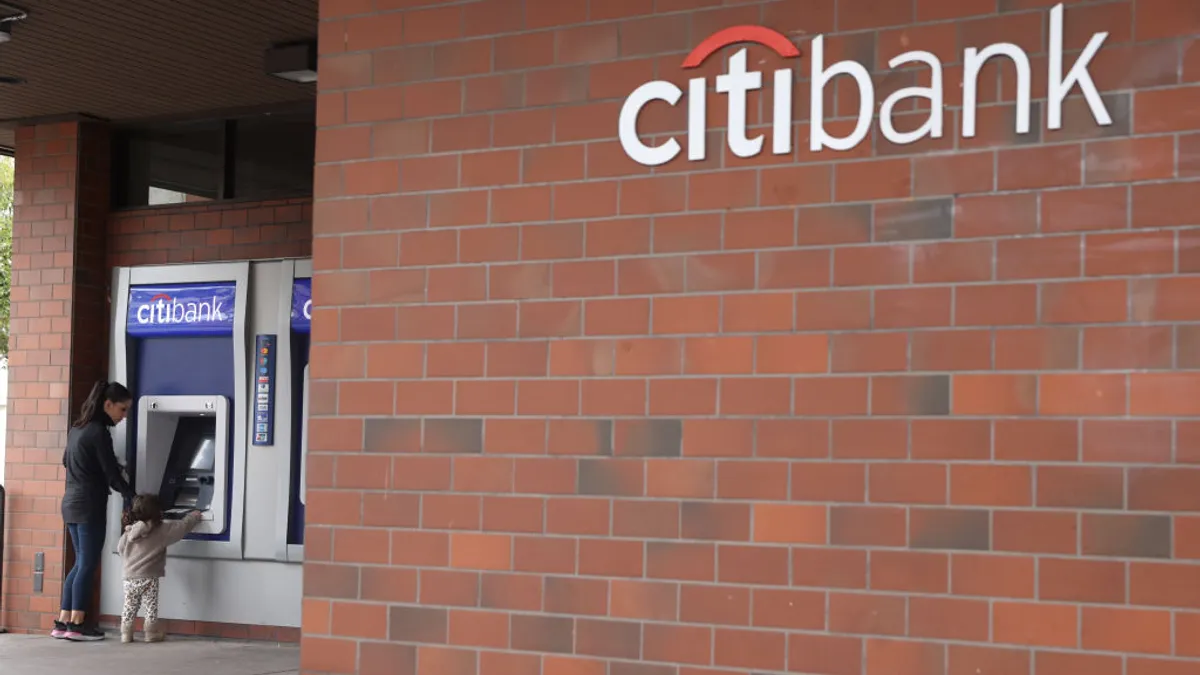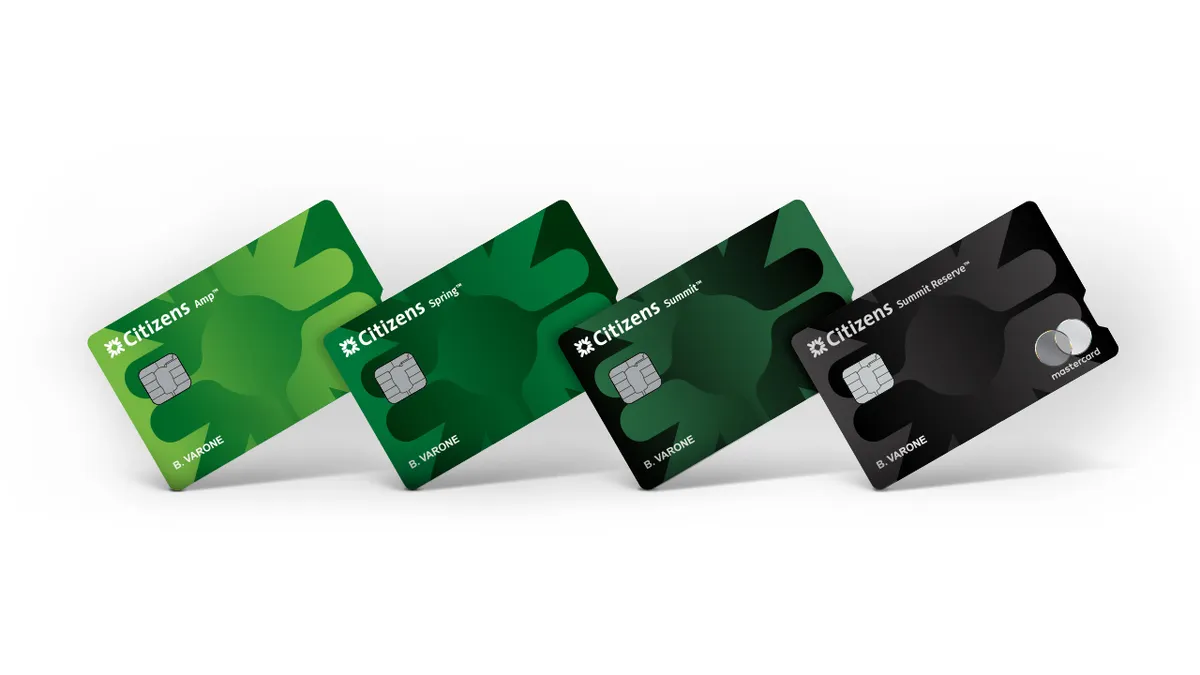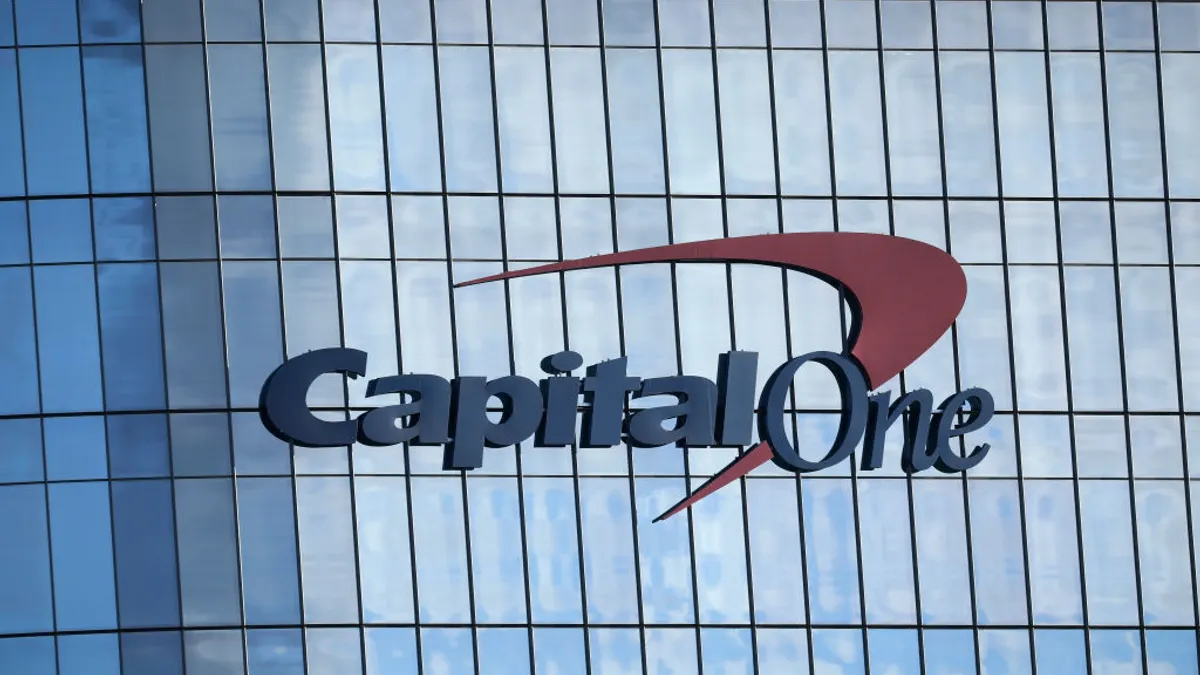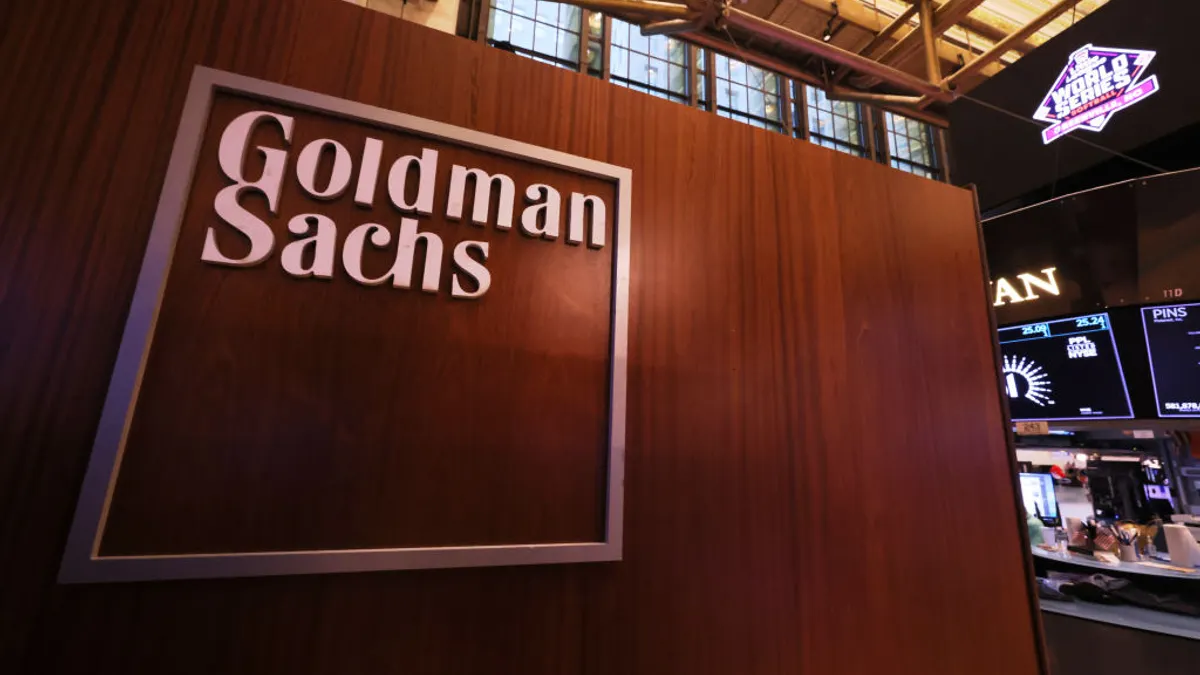After withdrawing its second application with the Federal Deposit Insurance Corp. (FDIC) last month, Japanese e-commerce giant Rakuten said it hasn't ended its pursuit of an industrial loan company (ILC) charter.
Rakuten Bank America CEO Lee Carter said the company plans to refile an application for deposit insurance with the FDIC as it continues its attempt to operate as an ILC, a designation the company first officially began pursuing last year.
"We intend to follow the process until we've exhausted our process with the FDIC," Carter said. "We feel confident at this point that we know exactly what adjustments they want us to make, and we're making those adjustments."
Commercial firms that own ILCs are not regulated by a federal banking agency. Rakuten, which claims to have 13 million U.S. clients, according to The Wall Street Journal, announced last year that it was pursuing an ILC to offer credit cards, personal and business loans, and deposits for its U.S. customers.
"We have a very large customer base already in the United States, and part of our aspirations is to provide banking services to them," Carter, a former UBS executive, said.
Rakuten withdrew its first application in March, submitted a second one in May, and withdrew that application in July. Carter did not say when the company plans to refile its third application, only that its next submission will be a draft application, a step it took once before ahead of its first official application in July 2019.
The company's ILC application with the Utah Department of Financial Institutions is still pending, the company said. Carter declined to share how much Rakuten’s yearlong process to obtain an ILC charter has cost the company, but called the investment "significant."
"Every ILC applicant takes a little bit of a different path. We've been more aggressive in putting resources to our application, meaning I've hired more people in my C-suite and people to help with getting everything set up in order to open the bank," he said. "It's a very significant commitment for companies to enter into this process and be able to fully develop and submit an application."
The ILC charter has garnered considerable pushback from lawmakers and bank trade groups, who argue the structure's lack of oversight is a consumer safety issue.
ILC opposition has heated up following the FDIC’s approvals of fintech Square and student loan servicer Nelnet in March. The move made the companies the first to receive ILC charter in over a decade.
Carter said the recent approvals are an encouraging sign for Rakuten and the industry.
"When we're able to have applications like Square and Nelnet get approved, it's a positive move. The FDIC has been very open about following the law, which is on the books right now, and processing applications in an orderly way," he said.
But ILC opponents say the model exploits a loophole by allowing companies to offer banking services without oversight by the Federal Reserve.
"The ILC loophole in the Bank Holding Company Act allows commercial interests to own full-service banks, avoid consolidated supervision, and threaten the financial system," Independent Community Bankers of America (ICBA) President and CEO Rebeca Romero Rainey said in a statement following Square and Nelnet's approvals.
The American Bankers Association (ABA) said it has "serious concerns" with Rakuten’s ILC charter pursuit.
"As Japan's largest e-commerce site, Rakuten is a major technology firm engaged primarily in non-financial activities," Rob Nichols, the trade group's president and CEO, said in a statement last year. "Allowing Rakuten to participate in banking activities would raise important questions about the free flow of credit, consumer privacy and possible conflicts of interest — questions not raised by current ILC charter holders."
Carter argues trade groups are opposed to Rakuten’s application because of a "competitive nature and protectionism mindset."
"They certainly want to protect the current banking space as it is," he said.
Sen. John Kennedy, R-La., who introduced a bill in November that would halt companies from establishing ILCs, has called mixing commerce and banking a "bad idea."
Carter said he thinks the banking and commerce argument "wears a little thin."
"Most banks that are in this business are put in business by stockholders who have commrcial interests," he said. "I think banking is all about facilitating consumers but also facilitating commerce."
Rakuten isn't the first large corporation to garner pushback for pursuing an ILC. Retail giant Walmart's application for its own ILC in 2005 was met with industry-wide opposition, resulting in the company withdrawing its application two years later.
Opponents such as The Bank Policy Institute, the ICBA and the Center for Responsible Lending have recently called for lawmakers to use coronavirus legislation to include a three-year moratorium on ILC licensing applications.
"Once Rakuten is permitted to own an ILC, the door is open for other similarly large technology based commercial firms like Amazon, Apple, and Google to own ILCs as well, effectively changing the landscape and risk profile of the entire banking system, without any Congressional action," the groups wrote to the heads of the Senate Banking and House Financial Services committees in July.
Carter said he is aware of trade groups' concerns that Rakuten obtaining an ILC charter could open the door for other large companies to do the same. "My response to that is, the FDIC and others probably want those large fintech companies to be regulated if they're going to get into the banking space," he said.





